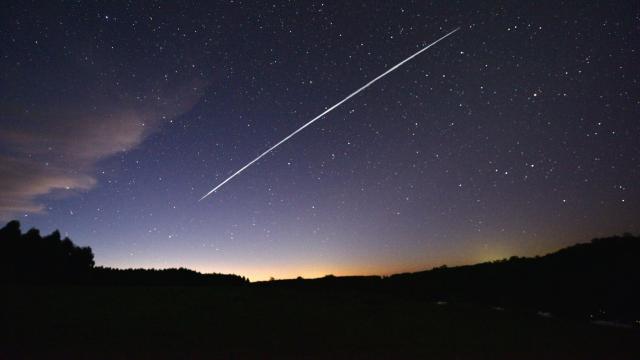SpaceX CEO Elon Musk on Friday announced that Starlink, the company’s satellite internet service, will come out of its public beta phase in October. While that would be exciting news, we’re taking it with a grain a salt. It is Musk, after all, the man that has become infamous for missing deadlines over the years.
Musk provided the update on Starlink, which offers internet via roughly 1,800 low-orbit satellites and counting, on his favourite social media platform, Twitter, but didn’t get into specifics. (He literally tweeted “next month” in response to a user question). Earlier this year, Musk said Starlink would “probably” be out of beta by the end of the summer, but with only a few days to go, it’s unlikely the company will reach that goal.
Exiting the beta phase would indicate the company getting closer for a larger launch of the service. Starlink claimed to have more than 500,000 orders this past May.
Next month
— Elon Musk (@elonmusk) September 17, 2021
As usual, Musk’s tweet managed to drum up anticipation for Starlink, a much-needed service for those living in remote areas, which has reached some impressive milestones in recent weeks.
In early August, Starlink made headlines when Ookla internet speed tests demonstrated it was far faster than the leading alternative satellite internet options offered by HughesNet and Viasat in the U.S. Starlink almost performed as well as fixed broadband in upload and download tests. It was also the only provider with a median latency similar to that of fixed broadband.
Ookla pointed out that Starlink’s median download speeds in America were 97.23 Mbps during Q2 2021, which were “fast enough to handle most of the needs of modern online life.” In comparison, HughesNet offered speeds of 19.73 Mbps, while Viasat offered speeds of 18.13 Mbps in the same period. Starlink did not reach the median download speed offered by all fixed broadband providers, or 115.22 Mbps, but hey, it didn’t have a bad showing.
[related_content first=”1670756″]
In addition, in late August Musk revealed that Starlink had shipped 100,000 Starlink terminals — which cost $US499 ($686), not including the $US99 ($136) monthly fee for the actual internet — to 14 countries. The announcement implied that the satellite internet service had gained 10,000 users in less than a month.
Overall, the only way of confirming that Starlink will exit its beta phase is to wait and see. We’re sceptical, but maybe Musk will prove us wrong.
